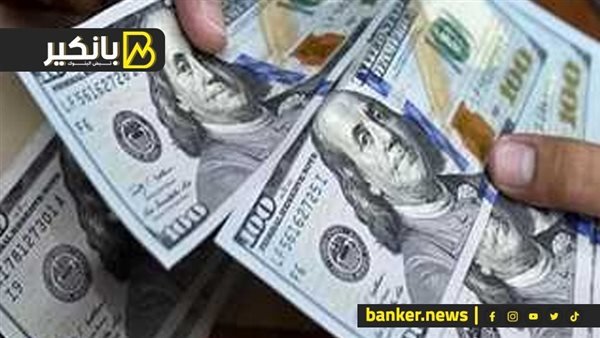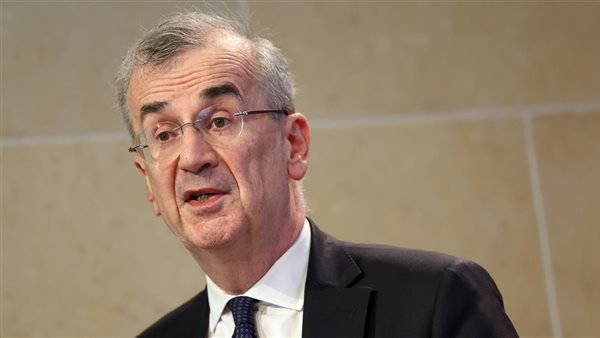
The ECB must take into account risks from damage to nature, a process that could fuel inflation in the same way that climate change does, said Frank Elderson, deputy chairman of the European Central Bank’s Supervisory Board.
“If nature continues to deteriorate, economic activities that depend on ecosystem services will be affected by issues such as supply chain disruptions, which have an impact on prices and ultimately inflation,” Elderson emphasized in a speech.
Speaking at Euro Finance Week in Frankfurt, he said nature degradation and climate change were linked to the European Central Bank’s mandate to ensure price stability in the 20-nation euro zone.
The Dutch official, who is also vice-chair of the European Central Bank’s Supervisory Board, has repeatedly warned that environmental challenges will fuel economic volatility. His comments come in the midst of a new review of the European Central Bank’s monetary policy strategy, the results of which are scheduled to appear in the second half of 2025.
“The ECB’s upcoming assessment of its monetary policy strategy provides an opportunity to underscore the importance of nature degradation and climate change for monetary policy in the euro area,” Elderson said.
The latest review, which concluded in 2021, resulted in a climate action plan covering macroeconomic modelling, financial stability monitoring, data collection, risk assessment capabilities and the ECB’s monetary policy operations.



